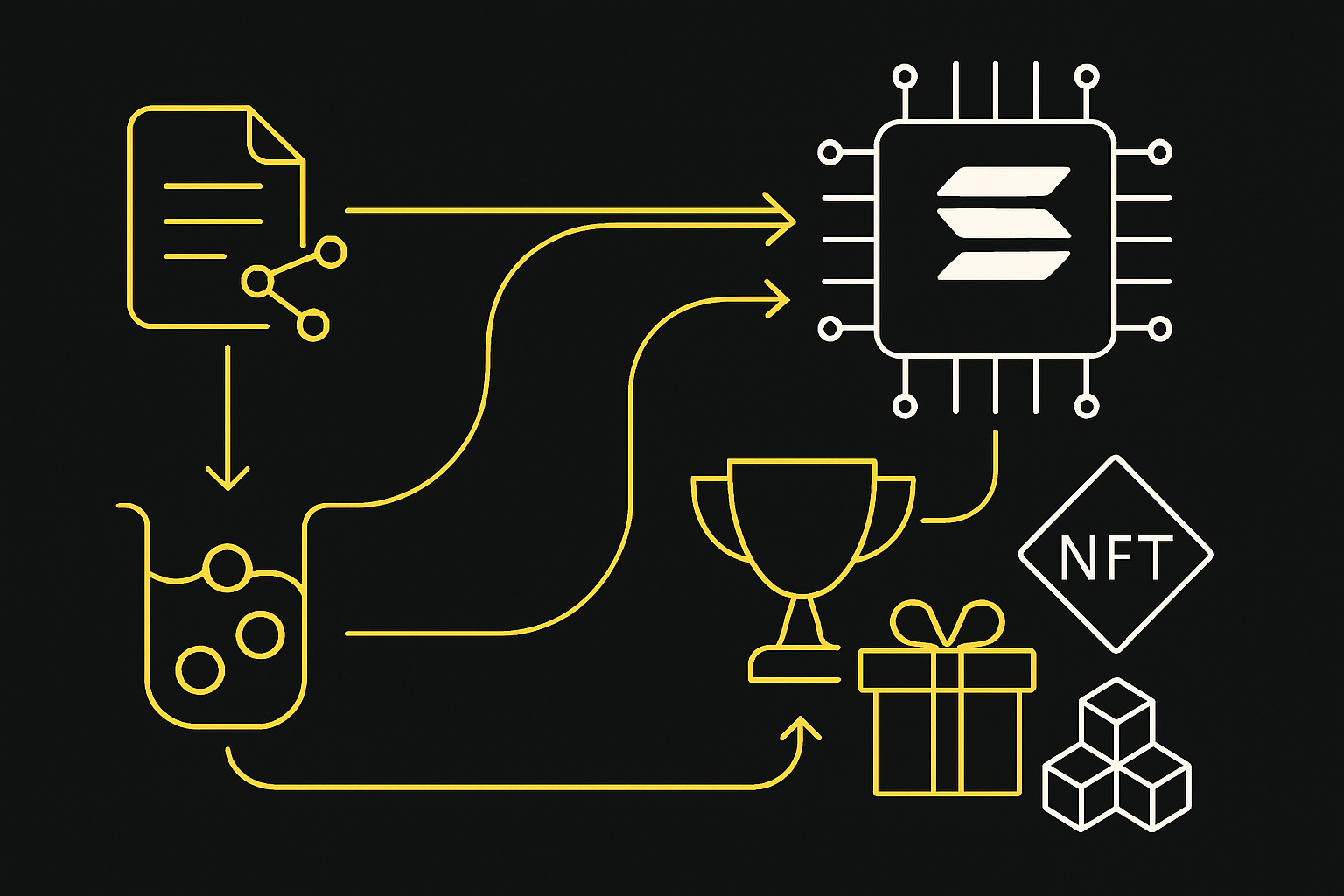
The gaming industry is in the midst of a seismic shift, as developers and studios seek to harness the power of blockchain without sacrificing the speed, scalability, and familiarity of traditional (Web2) game development. Eclipse is at the vanguard of this movement, offering a modular rollup framework purpose-built to bridge Web2 and Web3 gaming. By delivering advanced developer tools, robust incentive structures, and rapid deployment opportunities, Eclipse is not just lowering barriers – it’s actively fueling the next era of on-chain gaming.
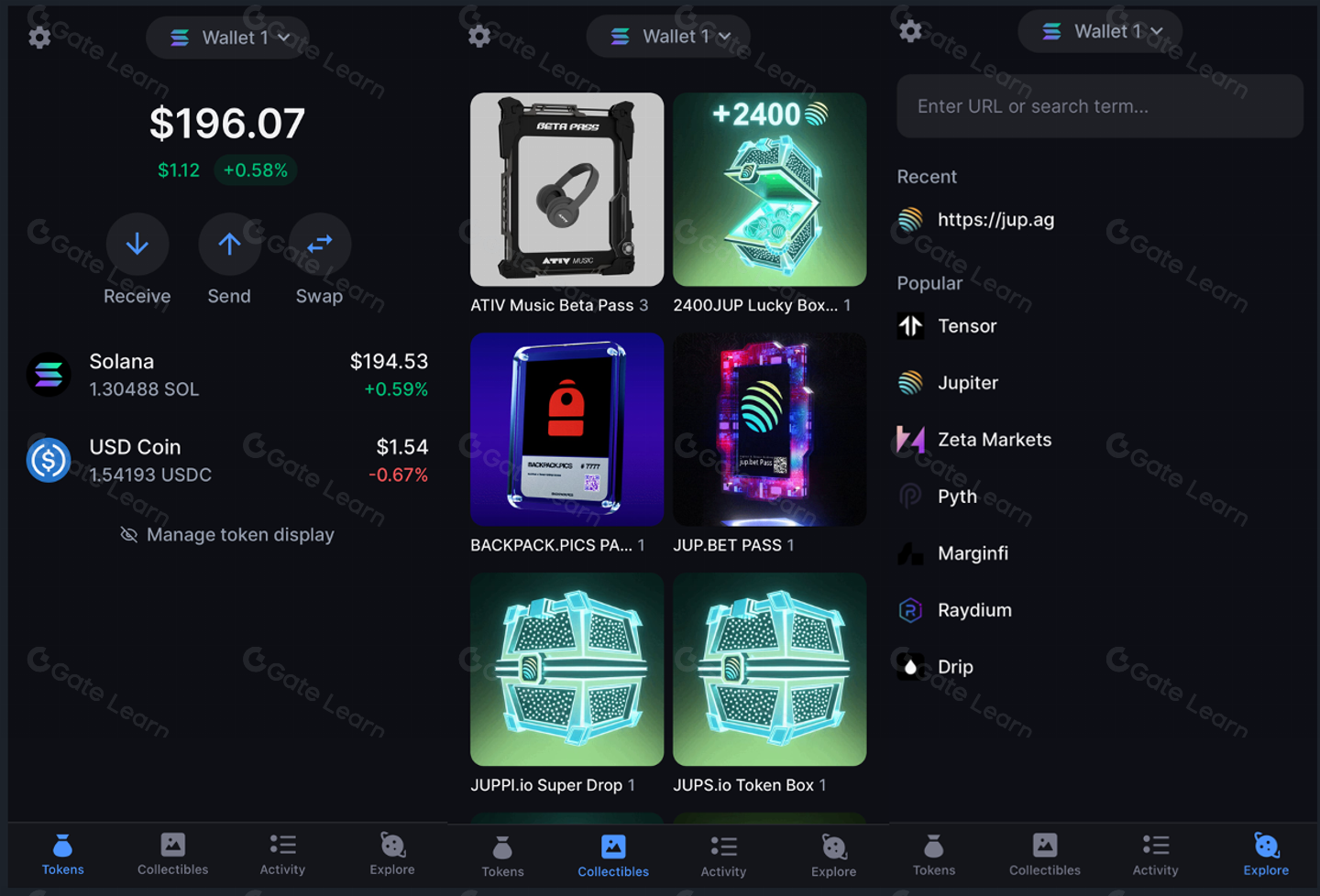
Advanced Developer Tools: Eclipse Modular Rollup SDK and SVM Integration
At the heart of Eclipse’s strategy is its Modular Rollup SDK, which puts unprecedented power in the hands of game developers. This comprehensive toolkit enables teams to deploy custom, high-performance gaming rollups that are fully compatible with the Solana Virtual Machine (SVM). Why does this matter? For Web2 studios exploring blockchain for the first time, SVM compatibility means seamless migration: existing Solana-based assets, logic, and workflows can be ported over with minimal friction.
The result is an environment where developers can leverage Solana’s blazing-fast execution while tapping into Ethereum’s robust security and liquidity – all within a modular Layer 1 tailored for gaming. This dual-stack approach gives studios flexibility to innovate at scale without being locked into legacy limitations or siloed ecosystems.
The SDK also supports rapid prototyping through integrations like the Turbo Game Engine – a low-code solution enabling functional on-chain games in under 24 hours. Combined with educational resources such as the Eclipse Learning Track (see more at HackQuest), Eclipse ensures that both seasoned blockchain devs and newcomers have a clear path to building scalable decentralized applications.
Incentivizing Innovation: Eclipse Creator Fund and NFT Rewards
Building great games isn’t just about technology – it’s about empowering creators. The Eclipse Creator Fund stands out as a unique financial engine designed to support both established artists on Eclipse and new talent migrating from other ecosystems or even outside Web3 entirely. All platform fees since launch feed directly into this fund, providing ongoing resources for creative experimentation and project launches (details here).
Eclipse further sweetens the deal with exclusive NFT incentives: developers can access discounted NFT launches, multipliers on user engagement rewards, and presale $ECLPS token allocations via the Engagement Platform. These perks not only reward early adopters but also bootstrap liquidity and network effects across the ecosystem – critical for any new gaming platform aiming to achieve escape velocity.
Key Benefits of the Eclipse Creator Fund for Game Studios
-

Eclipse Modular Rollup SDK and SVM Integration: Unlock a comprehensive toolkit that empowers studios to deploy custom, high-performance gaming rollups. Built-in Solana Virtual Machine (SVM) compatibility ensures seamless migration and interoperability, making it easy for Web2 studios to transition into Web3 gaming ecosystems.
-
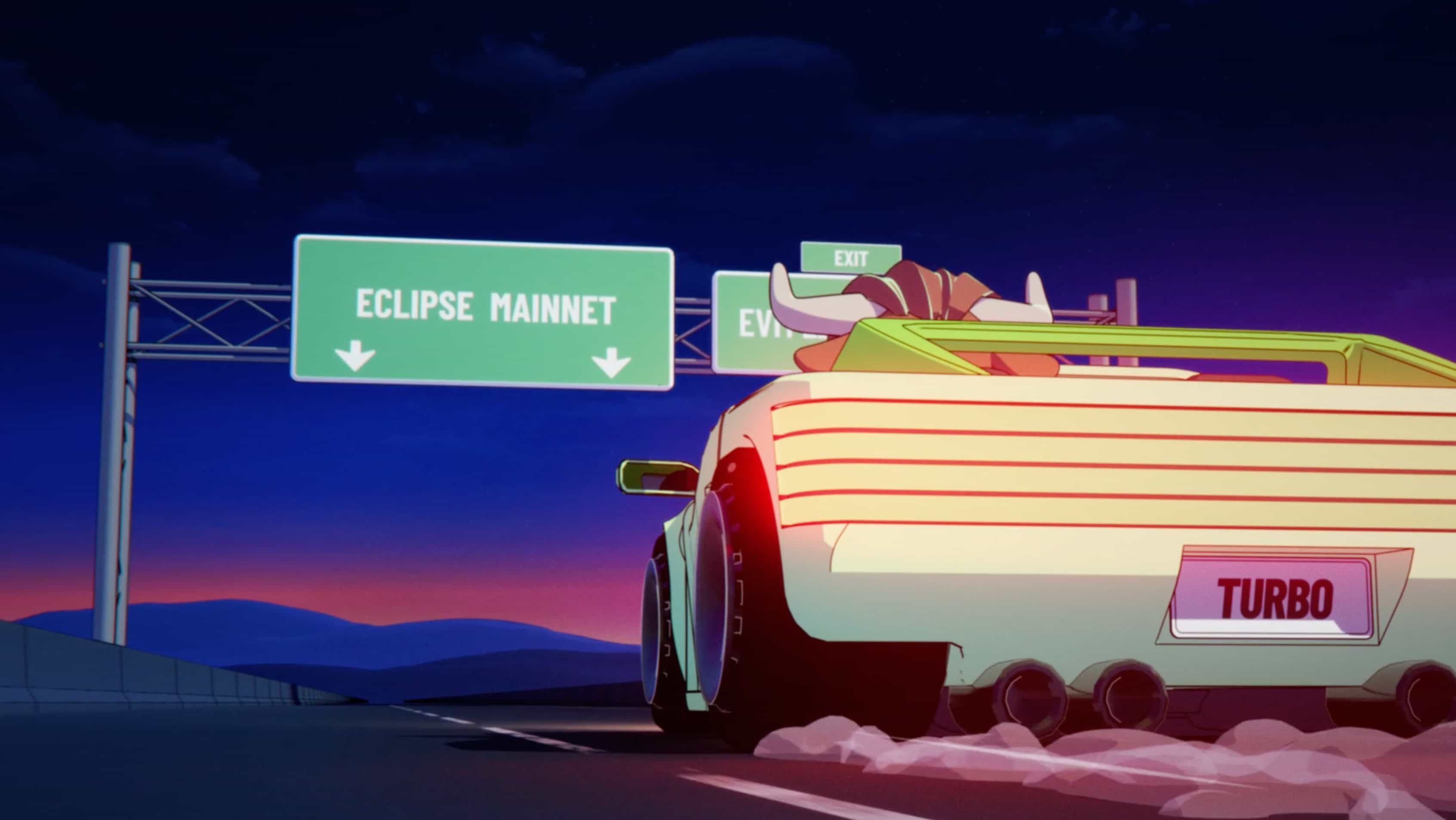
Eclipse Creator Fund and NFT Incentives: Gain direct financial support and exclusive rewards, including access to the Eclipse Creator Fund. Benefit from discounted NFT launches, multipliers, and presale $ECLPS token allocations—all designed to incentivize early adoption and accelerate ecosystem growth.
-

Rapid L1 Deployment and Engagement Platform: Leverage Eclipse’s infrastructure to quickly spin up scalable Layer 1s tailored for gaming. Access the Engagement Platform for user acquisition, artifact distribution, and cross-ecosystem promotional tools, driving both player growth and community engagement.
Rapid L1 Deployment and Scalable Engagement Infrastructure
Speed-to-market is everything in gaming. With Eclipse’s infrastructure, developers aren’t forced to wait months or jump through technical hoops – they can spin up custom Layer 1 blockchains purpose-built for their games in record time. These L1s inherit all the composability and scalability benefits of modular rollups while supporting complex economies, user-generated content (UGC), and real-time multiplayer interactions.
The Engagement Platform acts as a growth engine: it provides built-in tools for artifact distribution (think digital collectibles), cross-promotion across multiple ecosystems, and streamlined user acquisition funnels. Developers also gain access to community-driven events like Web3 Game Nights – powerful opportunities to showcase projects and tap into passive financial incentives through partnerships (learn more here).
What truly sets Eclipse apart is how these rapid deployment tools are paired with a robust engagement layer. The Engagement Platform isn’t just a marketing add-on; it’s a full-stack solution for onboarding and activating users. Developers can distribute in-game artifacts, run cross-ecosystem challenges, and leverage analytics to optimize user retention. This infrastructure is especially valuable for studios looking to bridge their existing Web2 communities into the world of on-chain gaming without friction or compromise.
For creators and studios, the opportunity to launch custom Layer 1s means owning the entire game economy, from asset issuance to secondary trading, while still benefiting from Eclipse’s shared security and liquidity pools. The modular rollup architecture allows for tailored scalability: games can handle surges in player activity or complex on-chain logic without bottlenecks, ensuring seamless play experiences at every scale.
Developer Opportunities: Unlocking Interoperability and Revenue
Eclipse goes beyond infrastructure by fostering genuine economic opportunities for developers. With its support for user-generated content (UGC), creators can design, mint, and monetize unique in-game assets, skins, weapons, collectibles, directly within their own ecosystems. These assets are tradable on the Eclipse marketplace, unlocking new revenue streams and deepening player engagement.
The interoperability baked into the platform, via Solana Virtual Machine compatibility and EVM integration, means that assets and user identities can move fluidly across games and even between chains. This not only reduces technical debt for developers migrating from Web2 but also catalyzes network effects as players carry value across experiences.
Key Developer Opportunities Enabled by Eclipse
-
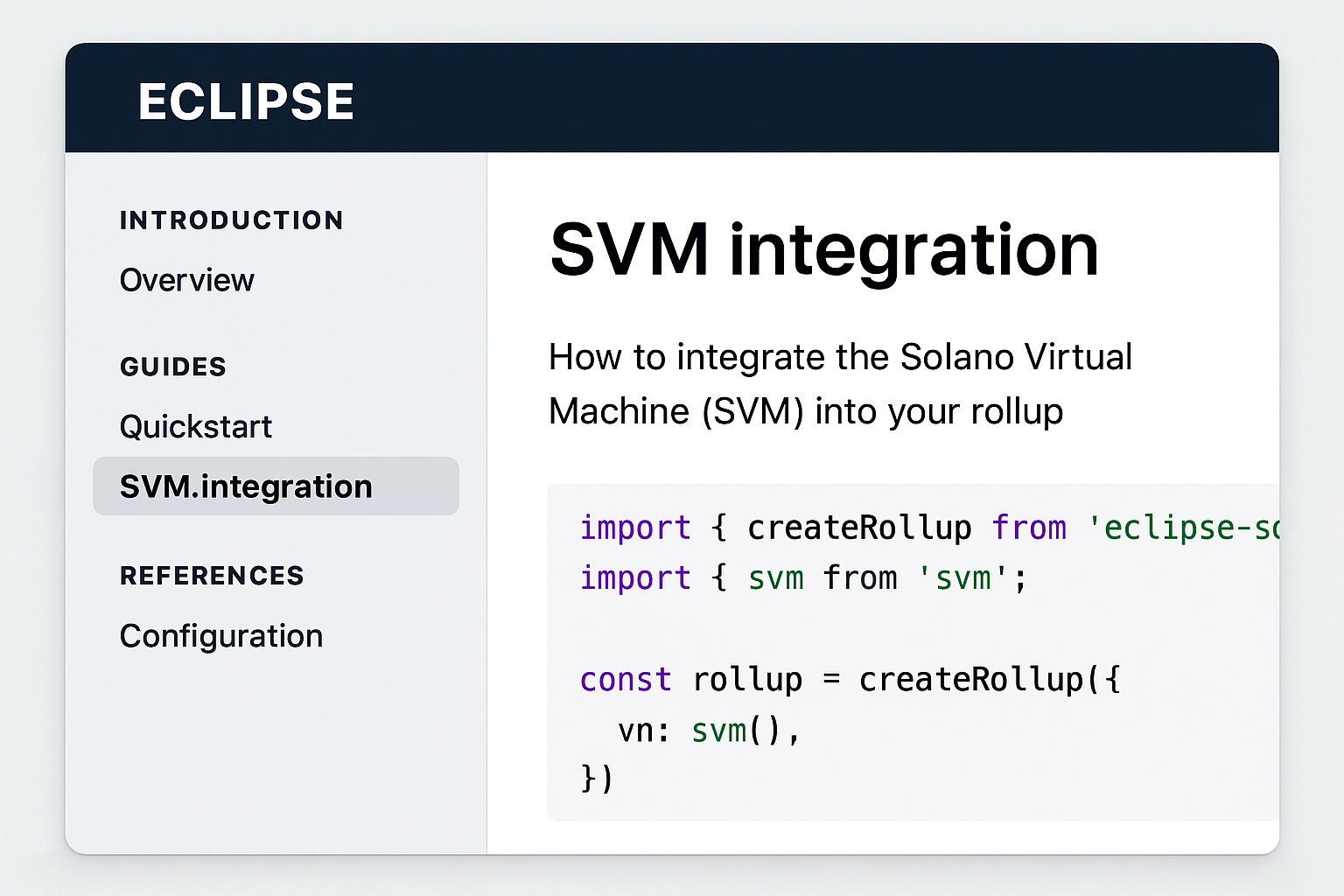
Eclipse Modular Rollup SDK and SVM Integration: A comprehensive toolkit enabling developers to deploy custom, high-performance gaming rollups with built-in Solana Virtual Machine (SVM) compatibility. This facilitates seamless migration and interoperability for Web2 studios entering Web3, allowing rapid adaptation of existing games to decentralized environments.
-
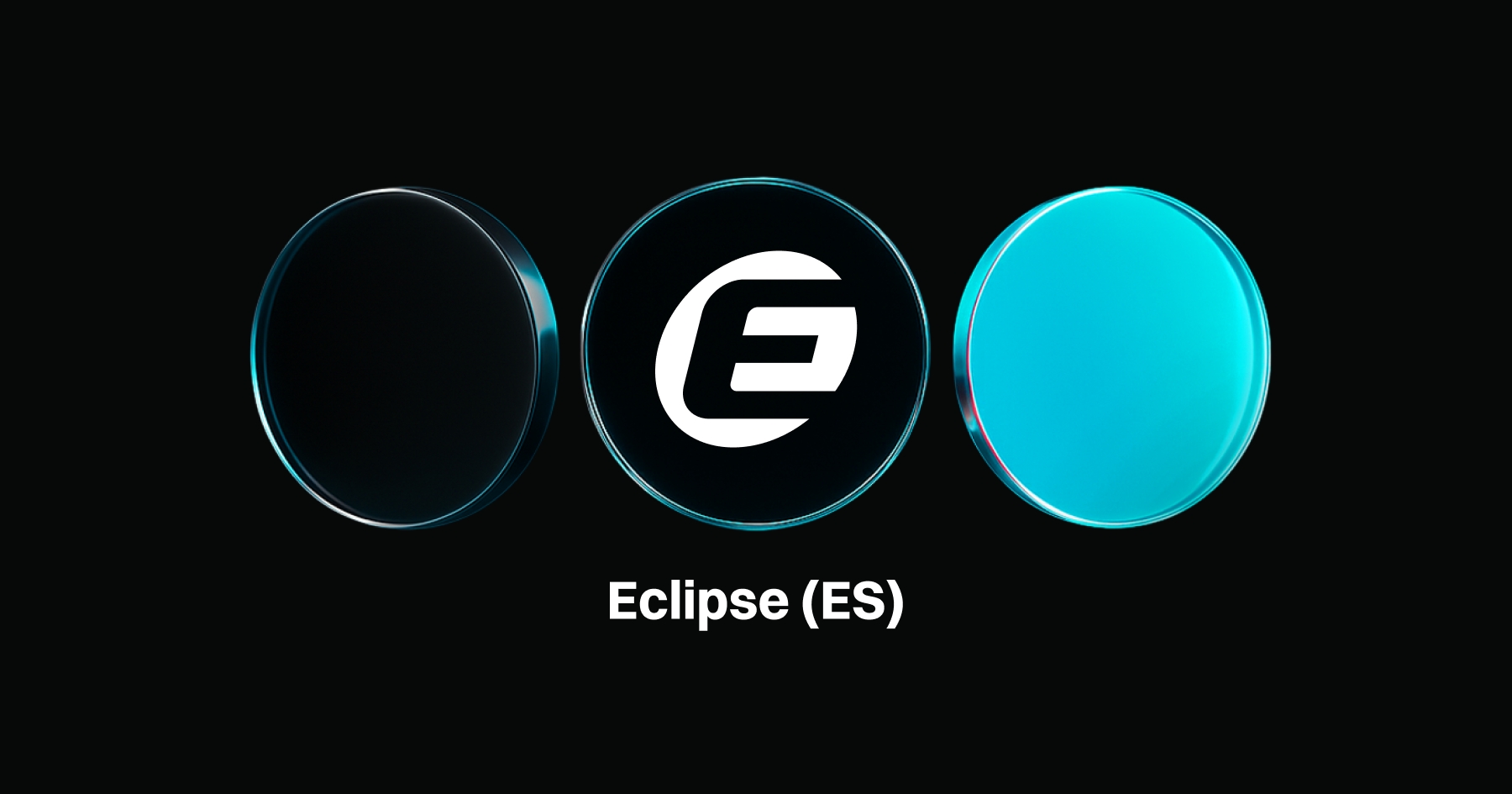
Eclipse Creator Fund and NFT Incentives: Direct financial support and exclusive rewards for game creators, including access to the Eclipse Creator Fund, discounted NFT launches, multipliers, and presale $ECLPS token allocations. These incentives drive early adoption and ecosystem growth by rewarding innovation and community engagement.
-
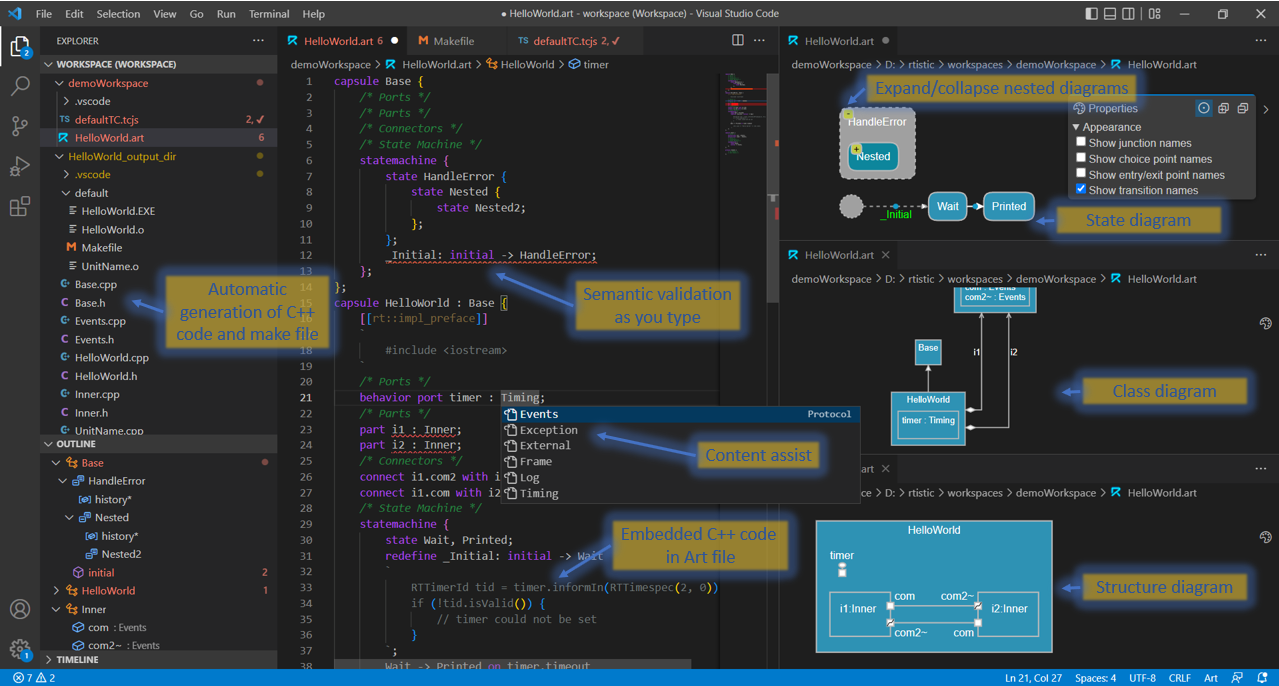
Rapid L1 Deployment and Engagement Platform: Developer opportunities to quickly spin up scalable Layer 1s tailored for gaming ecosystems using Eclipse’s infrastructure. Access to the Engagement Platform enables user acquisition, artifact distribution, and cross-ecosystem promotional tools, accelerating growth for new and existing gaming projects.
Combined with ongoing incentives like discounted NFT launches and presale $ECLPS allocations through the Creator Fund, these features create a powerful flywheel effect: more developers build on Eclipse, more players join the ecosystem, and everyone benefits from compounding network growth.
The Road Ahead: Data-Driven Growth in Blockchain Gaming
Eclipse is executing on a clear vision: give developers best-in-class tools (the Modular Rollup SDK with SVM support), back them with real financial incentives (the Creator Fund and NFT rewards), and provide a frictionless path to launch scalable gaming blockchains (rapid L1 deployment plus the Engagement Platform). This trifecta positions Eclipse as an essential bridge for any studio serious about transitioning from Web2 to Web3 gaming, and doing so at scale.
If you’re tracking where blockchain gaming is headed, or looking for your next high-leverage developer stack, the data speaks for itself. Eclipse isn’t just following trends; it’s setting them by making modular rollups accessible, profitable, and fun for both creators and players.








